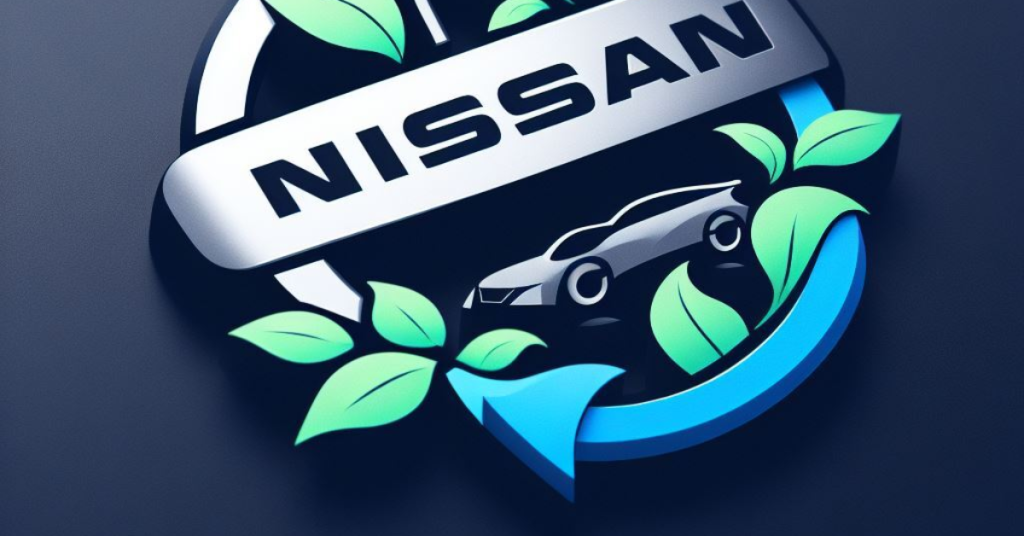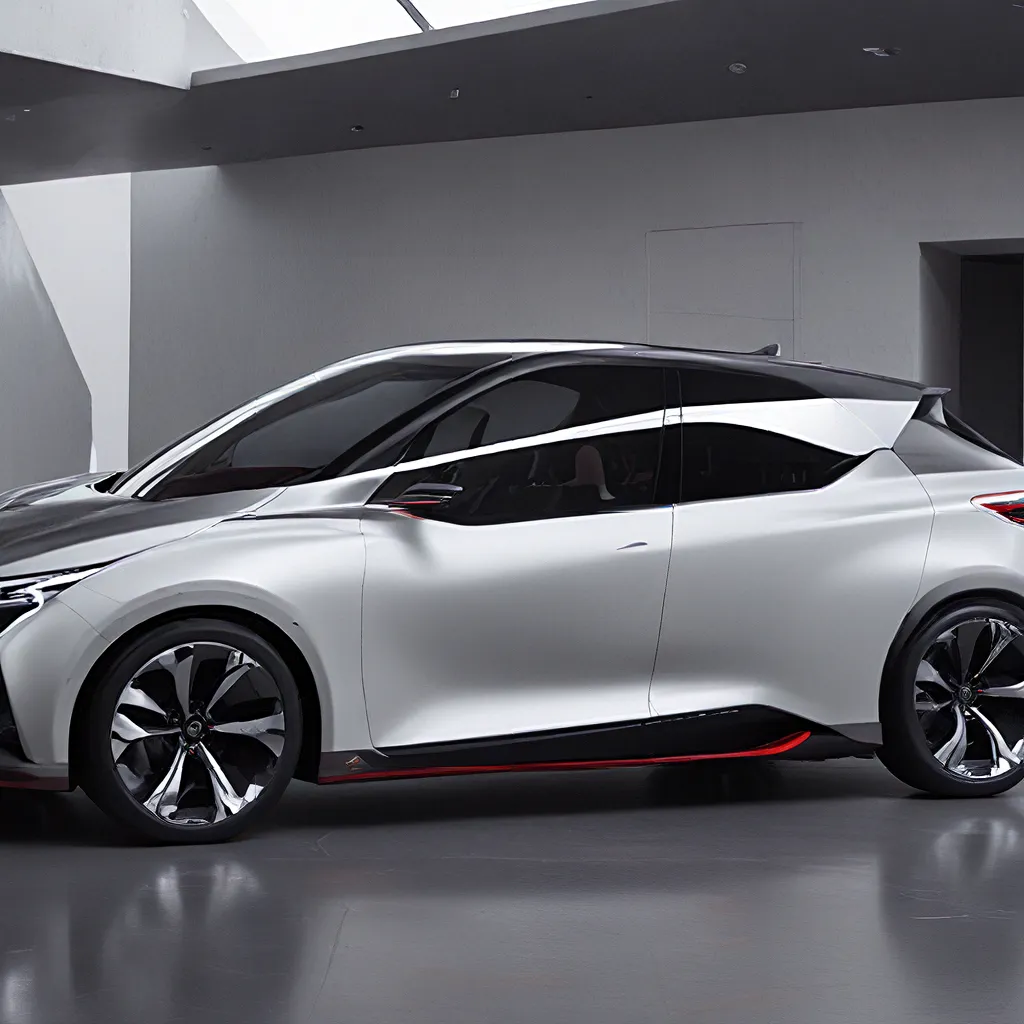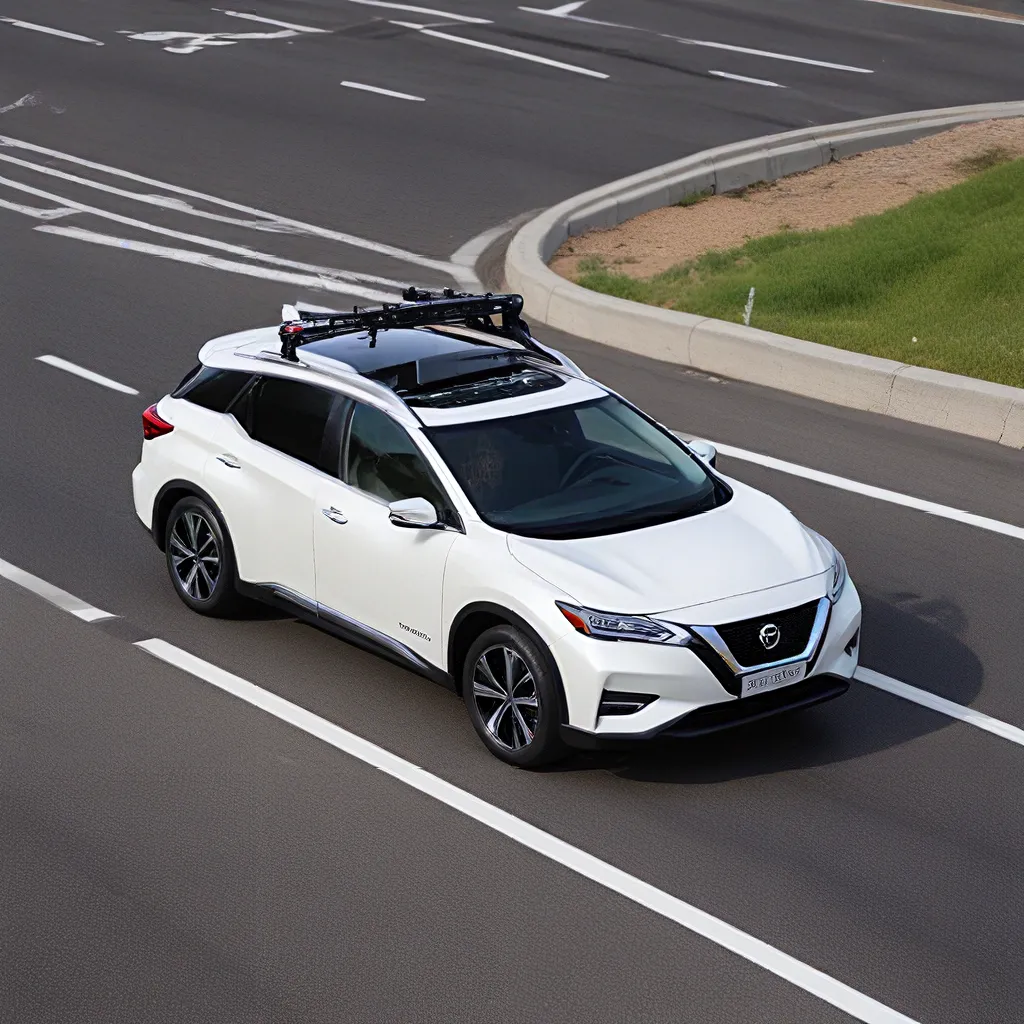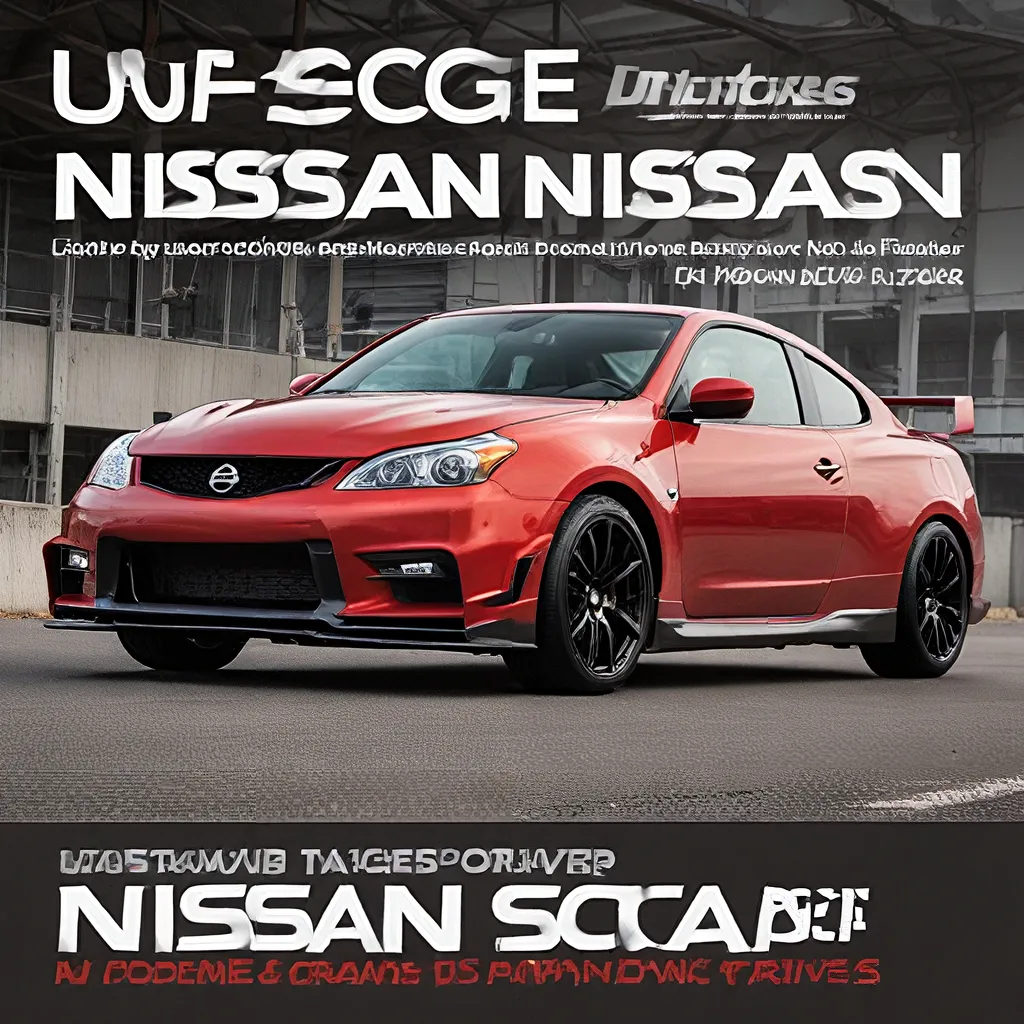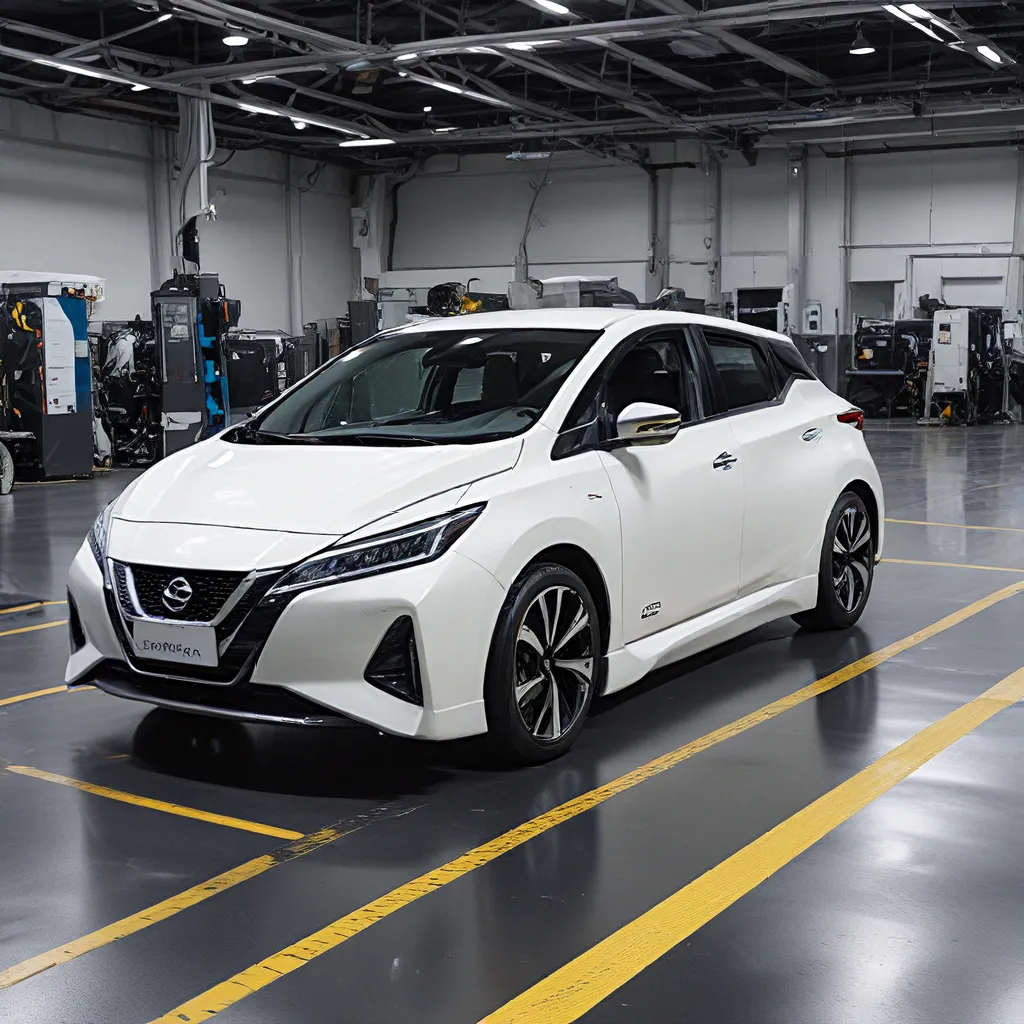
Imagine a world where your car can drive itself. No more white-knuckle commutes, no more searching frantically for a parking spot. Just sit back, relax, and let the vehicle do all the work. It may sound like something straight out of a science fiction movie, but the reality is that autonomous vehicles are rapidly becoming a part of our everyday lives.
Nissan, the Japanese automaker known for its innovative approach to the automotive industry, is at the forefront of this technological revolution. The company’s Future Lab, a cross-functional team dedicated to exploring the future of transportation, is working tirelessly to prepare for a world where self-driving cars are the norm.
Redefining the Driving Experience
Megan Neese, the senior manager of the Nissan Future Lab, recently spoke at the Mack Institute’s Digital Disruption and Empowered End-users conference in San Francisco. In her discussion, she emphasized the team’s focus on preparing for a future that is “more electrified, autonomous, and connected.”
“We’re always trying to figure out what are the different opportunities that we could tackle as an automotive manufacturer and which types of opportunities make sense for our business,” Neese explained. One such opportunity is the company’s partnership with Scoot Networks, a San Francisco-based mobility service provider.
Together, Nissan and Scoot have introduced a new type of vehicle to the city – a tandem, two-by-two-seated, four-wheel electric car that’s larger than a moped but smaller than a traditional car. By studying how people in urban areas use this “new mobility concept,” the team is hoping to gain insights into the evolving transportation needs of city dwellers.
“In a place like San Francisco where you may want to be able to bike home but it’s very hilly, having motorized transportation that’s safer and larger than a bike and may be more weather-resistant and without having to deal with traffic and parking issues could be an interesting alternative,” Neese said.
Navigating the Autonomous Frontier
But Nissan’s vision for the future of transportation extends far beyond these urban mobility experiments. The company’s autonomous vehicle group, based in Silicon Valley, is spearheading research into the technologies that will make fully self-driving cars a reality.
“As part of this work, Nissan explored various technologies including one in which you clap your hands and chairs can self-park themselves under a conference table,” Neese revealed. While these technical feats may seem like something out of a sci-fi movie, the team is ultimately more interested in how autonomous technology will impact people’s everyday lives.
“We’re trying to understand how will autonomous affect people’s everyday lives. Does it change how you get groceries or when you get groceries? Maybe your deliveries only come at night. Maybe there’s a totally different need for the type of vehicle you would drive versus the type of vehicle that would be autonomous – or both or some combination,” Neese said.
Adapting to a Changing Landscape
As autonomous vehicles become more prevalent, the automotive industry will need to adapt in order to meet the evolving needs of consumers. This includes rethinking everything from vehicle design and infrastructure to maintenance and repair.
“A lot of the reasons that we get into cars today may be fundamentally different if that technology is autonomous,” Neese acknowledged. “Allowing enough people to live in a large, vibrant, equitable community means urban planning is starting to make and develop different types of regulations and different types of buildings for that future.”
For example, as parking spot regulations change to accommodate smaller, more maneuverable vehicles, Nissan may need to adjust the design and production of its cars accordingly. “If parking spot regulations change so that you could have a much smaller-footprint vehicle like the new mobility concept that we’re testing with Scoot, you could change how many of those products get sold or how adaptive new types of products are to this market,” Neese explained.
Preparing for the Road Ahead
The transition to autonomous vehicles will undoubtedly have a significant impact on the automotive industry, and Nissan is working hard to ensure that it is prepared for the changes to come. From exploring new mobility concepts to researching the latest advancements in self-driving technology, the company is positioning itself to thrive in the future of transportation.
“We believe that as we live differently or move differently, we might need different types of products,” Neese said. “What we really study is trying to scenario-plan. What are those different futures from a users’ perspective and what does autonomous as a technology potentially do to impact their daily lives and their mobility needs?”
As I navigate the Nissan website, I can’t help but feel a sense of excitement for the future. With the company’s forward-thinking approach and its commitment to innovation, I know that Nissan is well on its way to redefining the driving experience for generations to come.
Navigating the Challenges
Of course, the transition to autonomous vehicles is not without its challenges. Neese acknowledged that, like any new technology, autonomous vehicles will require extensive testing and development to ensure their safety and reliability.
“It’s a new horizon, it’s a new technology. So like any new technology, it requires studying and development and prototyping and getting a sense of time on the road,” she said. “Just like any other product that we would test, it’s going through lots of testing.”
One of the key concerns surrounding autonomous vehicles is the potential impact on security and risk. Neese explained that Nissan is actively exploring these issues through its “living labs” – a mix of market research and lean process development where the company can bring its vision of the future to life in a controlled, research-oriented setting.
“A lot of the work that we’ve been doing is in what we call living labs, which is a mix of market research and lean process development where we’ve been able to bring to life examples of the future – 10 or 15 people will try out a new product or a new service or a new software in a limited and research-oriented way,” she said.
Shaping the Future of Urban Mobility
As Nissan continues to push the boundaries of what’s possible in the automotive industry, the company is also keenly aware of the broader implications of its work. The transition to autonomous vehicles has the potential to reshape the way we live and work, particularly in urban areas.
“We’re really interested in how infrastructure and urban planning change the shape and form of cities and then how that impacts the car itself,” Neese said. “Even if you look at something as simple as parking regulations, parking is regulated at an architectural level. So a new building has to have a certain amount of parking spots and those parking spots are given a certain dimension.”
As cities strive to meet new environmental targets and address issues like congestion and density, the demand for different types of transportation solutions will only continue to grow. Neese believes that Nissan’s work in exploring new mobility concepts and autonomous technology will be crucial in shaping the future of urban mobility.
“What we’re interested in is also the form of cities and how architects and urban planners are envisioning what cities may look in the future and then trying to create products to meet that vision,” she said.
Embracing the Future
As I reflect on my conversation with Megan Neese and the insights she shared about Nissan’s vision for the future of transportation, I can’t help but feel a sense of optimism and excitement. The company’s commitment to innovation and its willingness to tackle the challenges head-on are truly inspiring.
Whether it’s through its partnership with Scoot Networks, its autonomous vehicle research, or its efforts to adapt to changing urban landscapes, Nissan is clearly positioned to play a leading role in shaping the future of the automotive industry. And as a consumer, I can’t wait to see what the company has in store.
So, buckle up, my friends, because the future of Nissan maintenance is about to get a whole lot more exciting. With autonomous vehicles on the horizon, the possibilities are endless, and I can’t wait to see what the company has in store.
